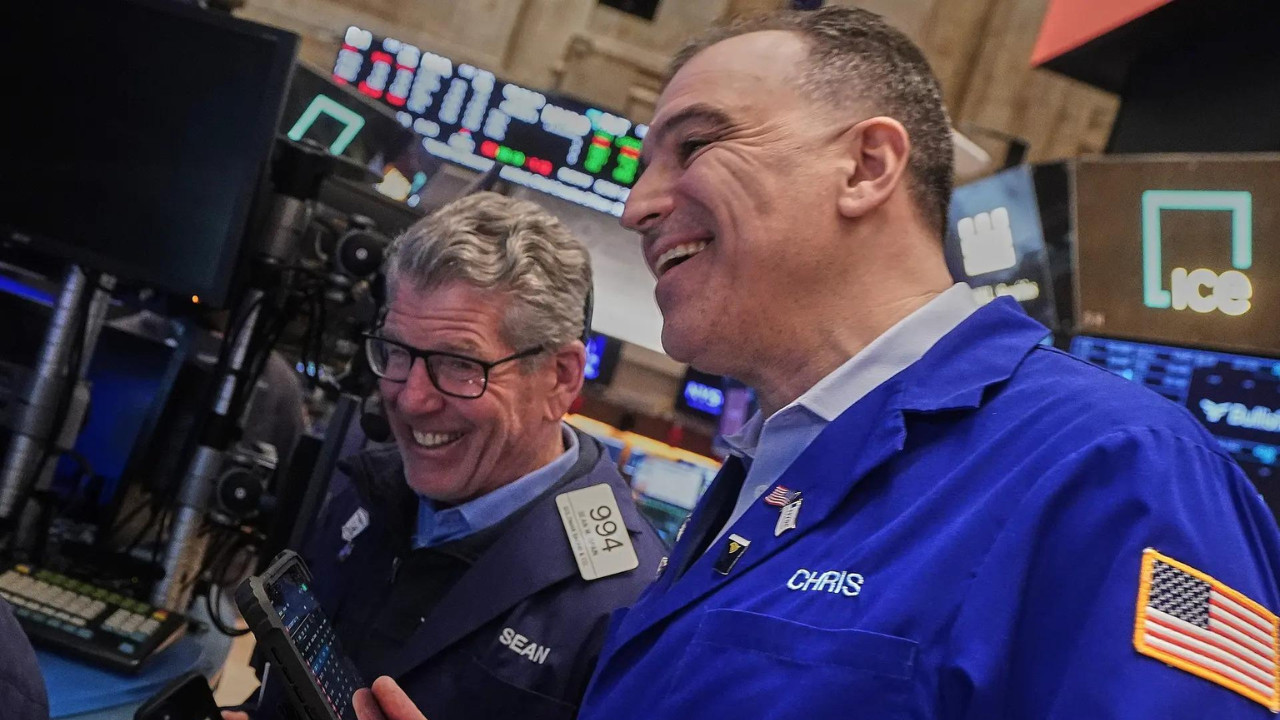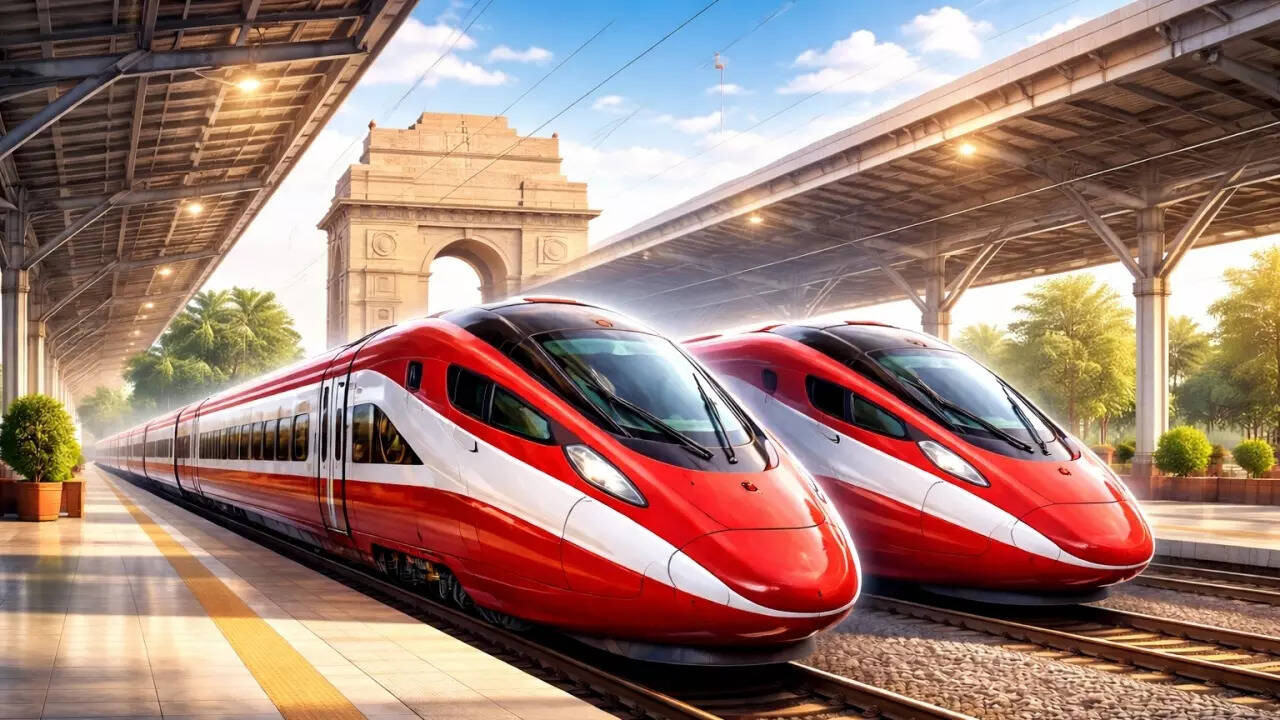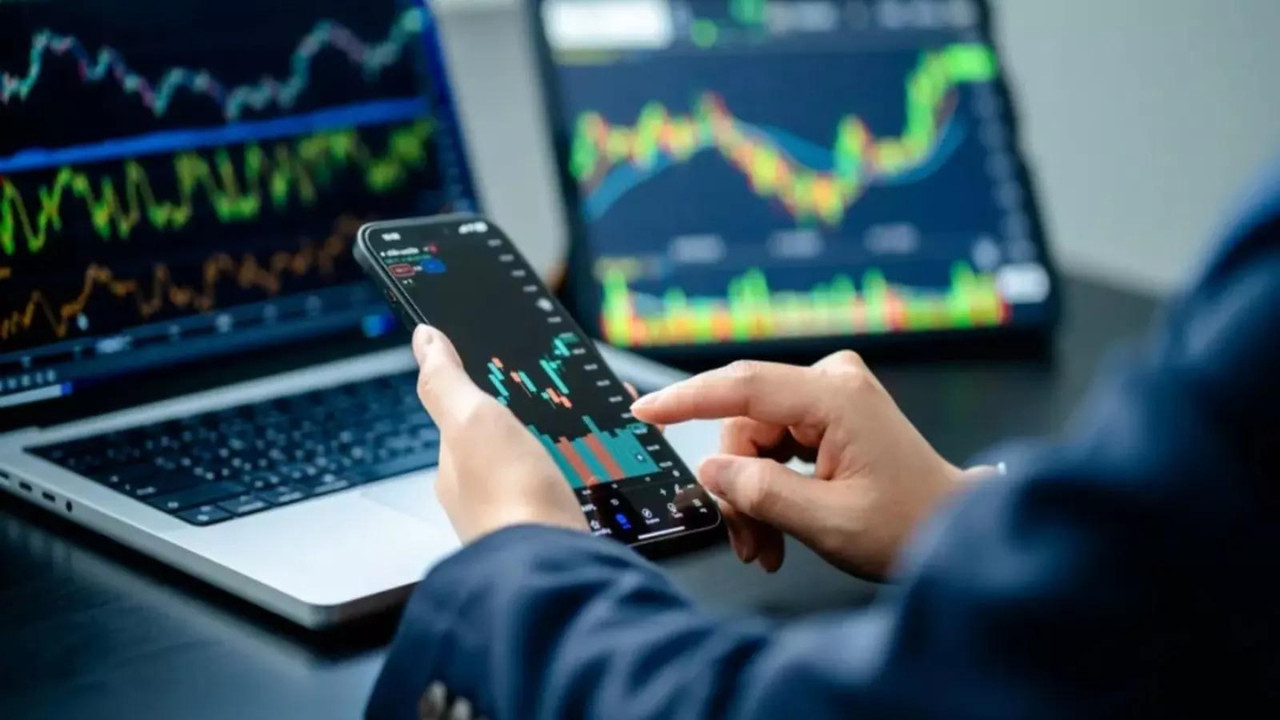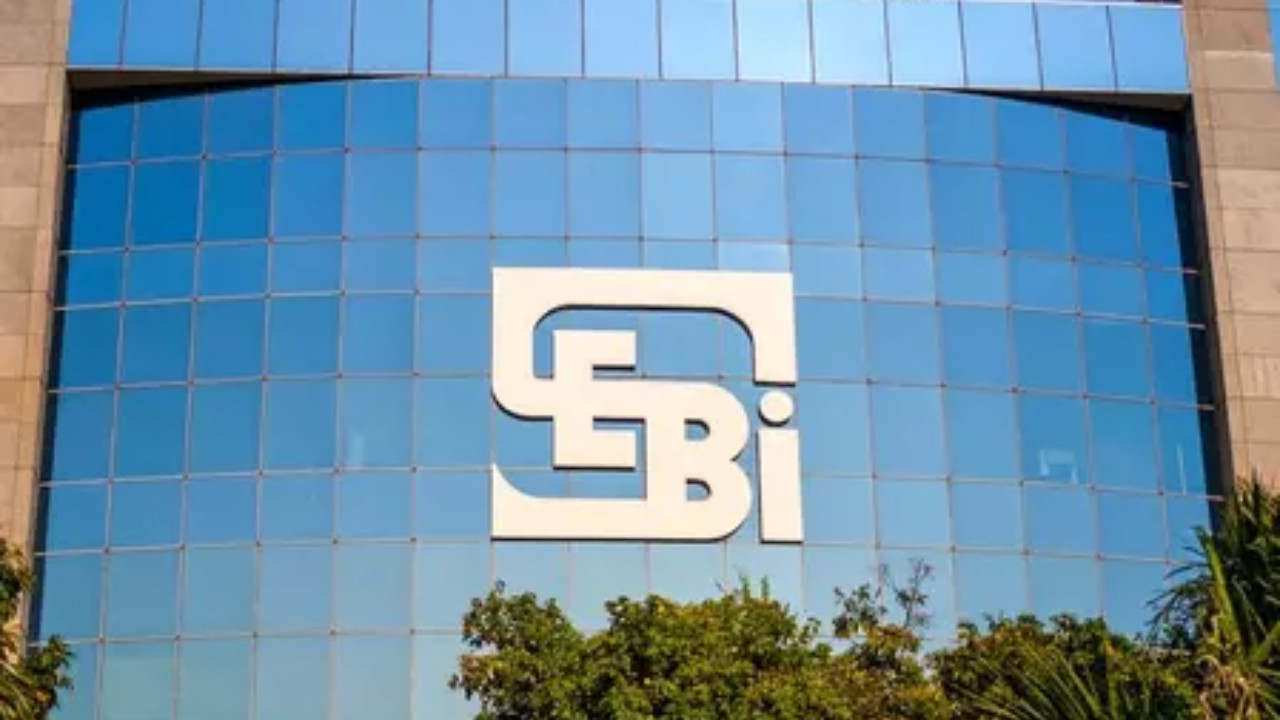Indian auto industry representatives are seeking China’s approval to expedite rare earth magnet imports, crucial for EV production. China’s export restrictions on these materials, implemented in April, are causing potential production delays
Stuck in Magnet-Land: Why India’s Auto Industry Is Eyeing China with a Mix of Hope and Anxiety
Let’s talk magnets. Not the fridge kind holding up your grocery list, but the super-powerful, rare-earth kind humming away inside electric vehicles (EVs), powering everything from your power steering to your infotainment system. These unassuming little components are suddenly a big deal, and their story reveals a complex web of global dependence that has India’s automotive industry feeling a little… stuck.
We’re talking specifically about rare-earth magnets, and the cold, hard truth is that China dominates their production, processing, and supply. This isn’t new information, but the rapid acceleration of the EV market in India has thrown this dependence into sharp relief. Suddenly, access to these magnets isn’t just a nice-to-have; it’s a must-have for any automaker planning to stay in the game.
Think about it: every EV, from a humble e-rickshaw to a luxury sedan, relies on these magnets. And with India aggressively pushing for EV adoption, the demand is only going to skyrocket. This translates to a growing reliance on a single source – China – for a critical component. That’s a position nobody wants to be in. It’s like building your house on a single, increasingly shaky, foundation.
So, what’s happening on the ground? Well, a delegation of Indian automotive industry representatives is reportedly gearing up for a trip to China. They aren’t going for sightseeing; they’re going to talk magnets. Securing stable supply lines, forging potential partnerships, and understanding the intricacies of the Chinese rare-earth magnet ecosystem are all likely high on their agenda. This trip underscores the urgency and concern surrounding the situation. It’s a recognition that the auto industry needs to proactively address this vulnerability.
But let’s be clear: this isn’t just about supply chains. It’s about national economic security, about building a robust and independent manufacturing ecosystem in India. Depending on a single nation for a crucial component leaves the door open to price manipulation, political leverage, and supply disruptions. Remember the semiconductor shortage during the pandemic? The auto industry is understandably keen to avoid a similar scenario.
And frankly, while this delegation’s trip is a necessary step, it also highlights a deeper problem. India needs to seriously consider developing its own rare-earth magnet production capabilities. Now, I’m not suggesting we magically unearth vast reserves tomorrow. Building a comprehensive rare-earth industry involves significant investment in exploration, mining, refining, and magnet manufacturing. It’s a long game.
But it’s a game worth playing. There are whispers of potential rare-earth deposits within India. Exploring and evaluating these resources, while adhering to stringent environmental standards, is a crucial first step. Furthermore, investing in research and development for alternative magnet technologies, reducing reliance on rare earths altogether, is also crucial. Imagine a scenario where India becomes a leader in innovative, sustainable magnet technology – that’s a vision worth striving for.
This dependence also raises interesting questions about the “Make in India” initiative. While the government is rightly pushing for domestic manufacturing, achieving true independence requires securing the entire supply chain, including critical components like rare-earth magnets. It’s not enough to assemble cars in India; we need to build them from the ground up, with locally sourced materials and technologies wherever possible.
The trip to China is a pragmatic move, a short-term solution to a pressing problem. But it shouldn’t be the end of the story. It should be a catalyst for a larger, more strategic effort to build a resilient and self-reliant automotive industry in India.
The stakes are high. The future of India’s EV revolution, and its overall automotive manufacturing prowess, hinges on securing a stable and sustainable supply of these vital magnets. The journey to independence might be long and challenging, but it’s a journey India must embark on, for the sake of its economic future and its strategic autonomy. Because in the world of global trade, a nation that controls the magnets, controls a significant piece of the future.
📬 Stay informed — follow us for more insightful updates!







